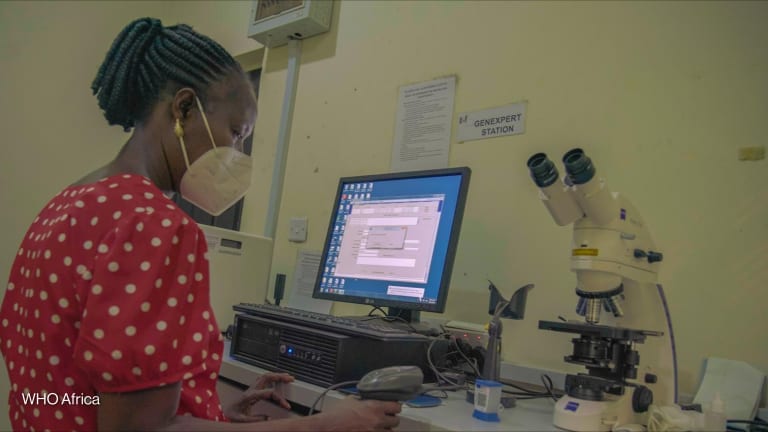Advocacy efforts from donors have effectively raised recognition of menstrual health in East Asia and the Pacific, particularly around adolescent schoolgirls, but they must now focus on gaps and bottlenecks according to a new report on regional progress.
The UNICEF-funded review follows the agency’s 2016 UNICEF study of menstrual hygiene at the start of the Sustainable Development Goal era.
“We are now at the midpoint of the SDG era,” Brooke Yamakoshi, water, sanitation, and hygiene specialist with UNICEF in Bangkok and one of the report’s authors, told Devex. “We don’t have specific indicators or targets on menstrual health and hygiene in the SDGs, but we know that menstrual health and hygiene contributes impacts on health, wellbeing, education, gender equality, and many other rights.” She added that they wanted to take stock and ask the questions of whether they were making progress, and if so, how?
Search for articles
Most Read
- 1
- 2
- 3
- 4
- 5








